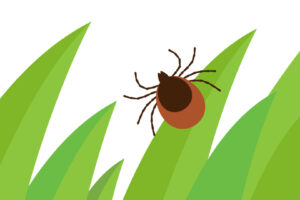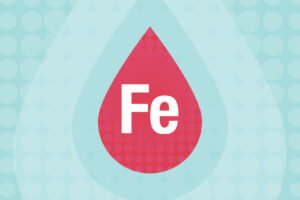Life can be stressful at times. However, if not alleviated, stress can impact women both short term and over time, according to Nancy Peters, MD, of Family Practice of CentraState in Colts Neck. By learning effective ways to cope with stress, you can protect your body from its detrimental effects.
In the short-term, stress kicks off our fight or flight response. We perceive that there’s danger, so our bodies release adrenaline to provide energy to fight. Adrenaline elevates heart rate, creates a heightened sense of awareness, and makes us breathe faster. In most cases, once short-term stress is relieved, these biological processes return to normal.
However, chronic stress—which makes your body think it’s in constant danger—can increase your risk of developing conditions like heart disease, high blood pressure, diabetes, depression, and anxiety. It also can cause sleep issues and lead to alcohol or drug dependency.
Try These Tools
Once you react negatively to stress, you can carry that feeling for the rest of the day. Dr. Peters shares the following ways to handle stress:
- Meditate: For 10 minutes, close your eyes and focus on your breathing. Be “present” by engaging your senses: listen to the sounds around you, feel the surface under your feet, register the smells in the air, and notice the objects around you.
- Attitude of gratitude: Focus on what’s positive in your life by thinking about the things you are grateful for. Try this before getting out of bed each morning to set the tone for the day.
- Guided imagery: Picture a calm, happy place in your mind, such as the beach. Imagine yourself walking in that environment, and think of the sounds and smells you would experience if you were there.
- Exercise: As little as 20 minutes of movement three days a week can help your body fend off the effects of stress. For a lower-impact workout, try interval walking, yoga, or tai chi. Check out livelifewellnj.com for program options.
- Mindful eating: If you find yourself consuming extra calories, be mindful of what you’re eating or drinking by asking yourself “Am I really hungry?” before indulging.
- Phone a friend: If you’re feeling stressed, reach out to friends or family. Another option is community or religious organizations, which can provide a support system.
“If stress is affecting your ability to work or take care of yourself or your responsibilities, it’s time to call your doctor,” adds Dr. Peters.
SUGAR, STRESS & SEX
October 12, 9 a.m.–12 p.m., with complimentary hand massages starting at 8:15 a.m.
Star and Barry Tobias Ambulatory Campus
Cost: $10
Do you turn to sugar when you’re stressed? Learn how to break the sugar-stress cycle and be healthier, vibrant, and yes, even sexier, with help from internationally acclaimed women’s health speaker Deb Kern, PhD. The event also features organizing guru Jamie Novak. Includes light refreshments, prizes, and giveaways.
To learn more or register, visit livelifewellnj.com or call 732-308-0570.





